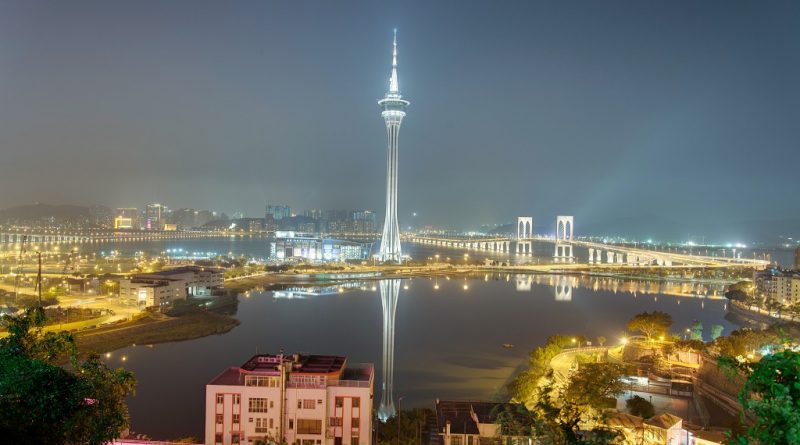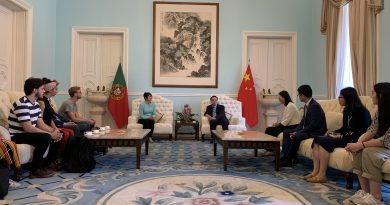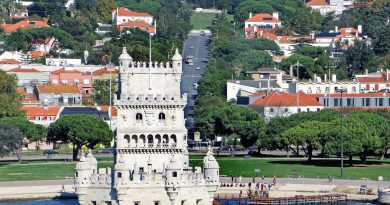Echo Macaense
When the press brought together Macao’s Portuguese and Chinese communities
The periodical press is a key resource when it comes to evaluating matters of local community, including intellectual and sociopolitical movements. By the beginning of the 20th century, it had become a way for a region’s subaltern communities and peripheral societies to participate in internal and external communication. Moreover, it provides a stage upon which dialogue between political administrations and society takes place. Historically, the periodical press has proven to be a means to autonomy, civil liberties and free speech. This has been true, too, in Macao.
The city’s long-standing tradition with the printed press goes as far back as the 1820’s, making it one of the oldest periodical presses in the Far East. Macao’s periodical press was published in numerous languages – Portuguese, Cantonese as well as English – a testament to the territory’s international environment and its role as a meeting point between East and West. Uniquely governed by an atypical colonial administration, it was simultaneously an open and diverse region yet very dependent on relations with mainland China.
The Echo Macaense was one such periodical press title amongst many; however, its place in history is quite special. The newspaper, which was circulated not only in Macao but saw distribution in in several cities in mainland China, Portugal and Timor Leste as well as in San Francisco, was the first periodical publication to be printed in both Portuguese and Chinese. The Chinese portion was a detachable insert that could be torn out and read as a stand-alone newspaper.
While a handful of studies have focused on the Echo Macaense, a comparative analysis of both versions of this bilingual publication has never been made. Therefore, the intellectual and political significance of this project remains to be examined and its diversity and complexity within a historical context has yet to be established.
A new project is born into history
Echo Macaense had a print run of six years, from July 1893 to September 1899. The paper was issued weekly without fail except the interruption publication between 6th of November, 1895 and 2nd of February, 1896. Francisco Hermenegildo Fernandes served as its director, although he temporarily handed oversight to Pedro Nolasco da Silva from April 1896 to April 1897. The newspaper was associated with Tipografia Mercantil, a publishing house owned by the Fernandes family.
The 21st of February 1894 issue announced the official separation of the Portuguese and Chinese versions of the newspaper, although both editions continued to be printed by Tipografia Mercantil. It would seem that the split posed no conflict, and perhaps the only reason for the separation was a need to diversify editorial content or elicit different sponsors for the two versions.
The editorial of the Echo Macaense’s inaugural issue, dated 18th of July 1893, justified the need for a new periodical press title and laid out the newspaper’s mission. Although there were already three periodical press titles being published in Macao’s tiny territory, the establishment of Echo Macaense was not considered excessive but rather a welcome addition and proof that newspapers provided fertile ground upon which to debate the important issues facing civil society. Additionally, the paper stood out, being the first of its kind to be published in Portuguese and Chinese – the first ever Luso-Chinese weekly newspaper.
The inaugural editorial argued that all of the city’s contemporary press (at the time) published in Portuguese was restrictive to the Chinese community which represented the majority of the population. Although the Portuguese possessed strength of government, it needed to cooperate with the Chinese elite who possessed the bulk of economic resources and represented the working force in order to ensure Macao’s welfare. Echo Macaense would be the connection point between these entities, a platform upon which those struggling for the legitimate interests of the entire population despite their origin could be voiced. Education of the masses and bringing together divergent communities were two main issues stressed in the Portuguese version of the newspaper’s inaugural edition. The Chinese version had somewhat different objectives.
Full article available in Macao Magazine.
Macau Tower. Photo by Tristan Schmurr / CC BY 2.0
![]() This work is licensed under a Creative Commons Attribution-NonCommercial-ShareAlike 4.0 International License.
This work is licensed under a Creative Commons Attribution-NonCommercial-ShareAlike 4.0 International License.




